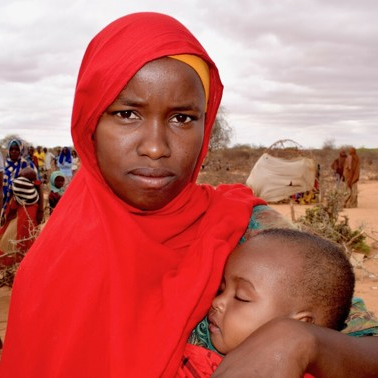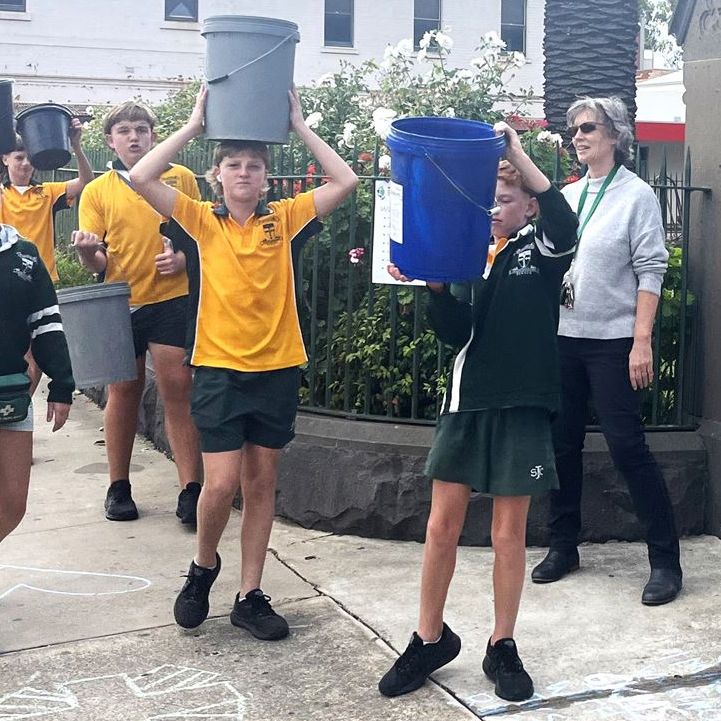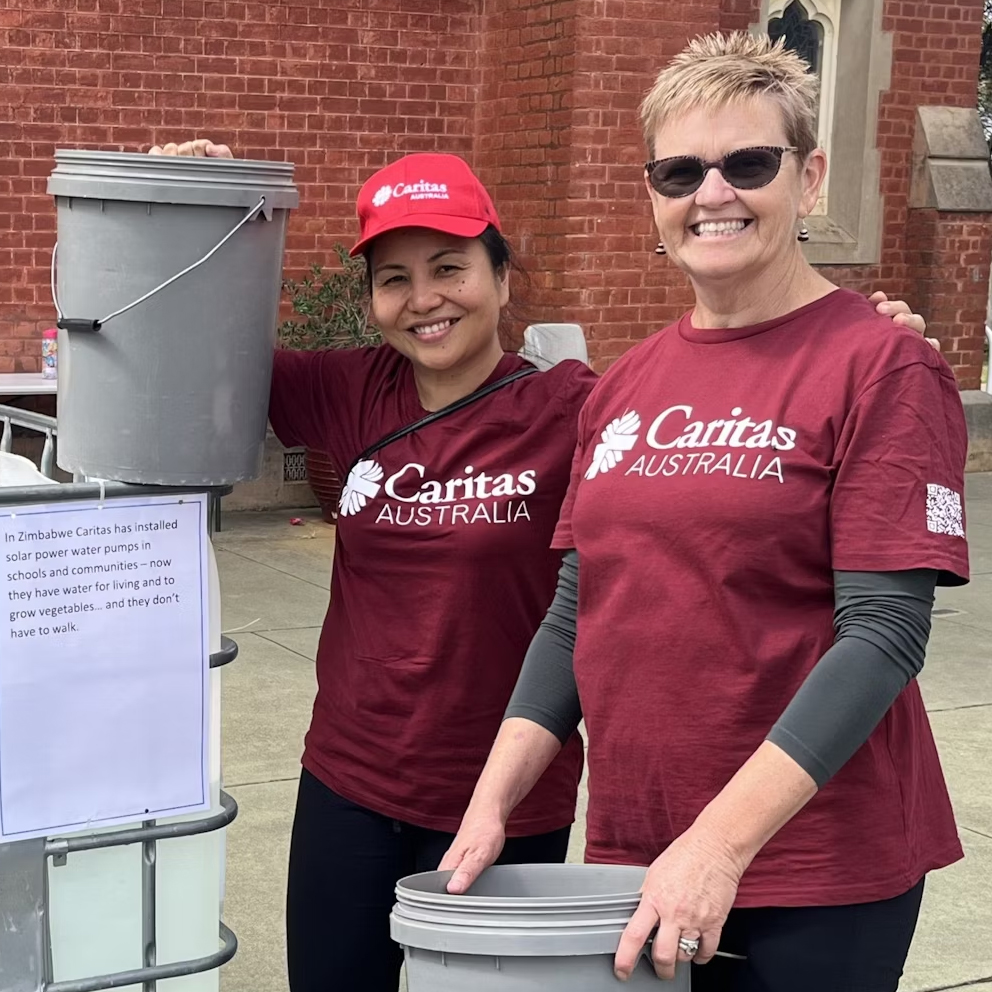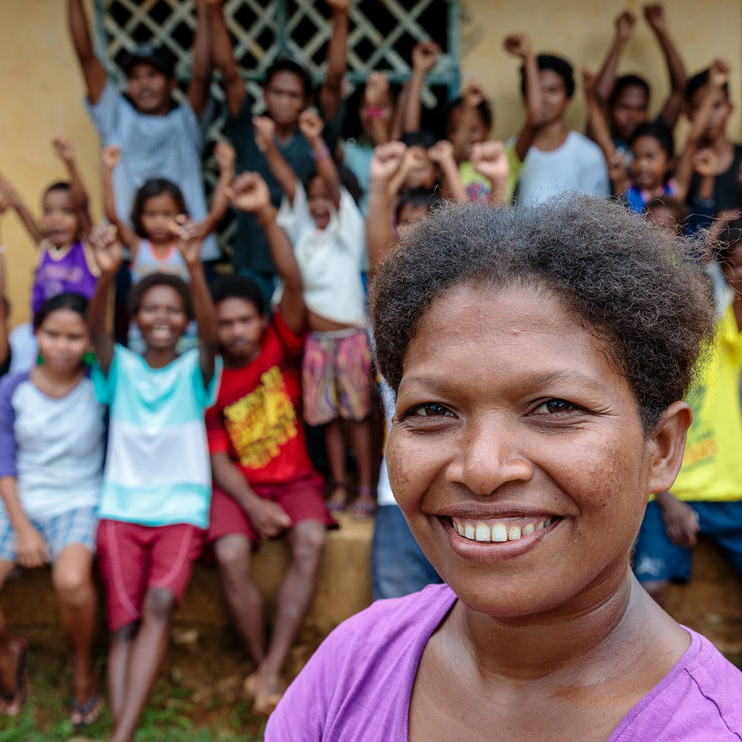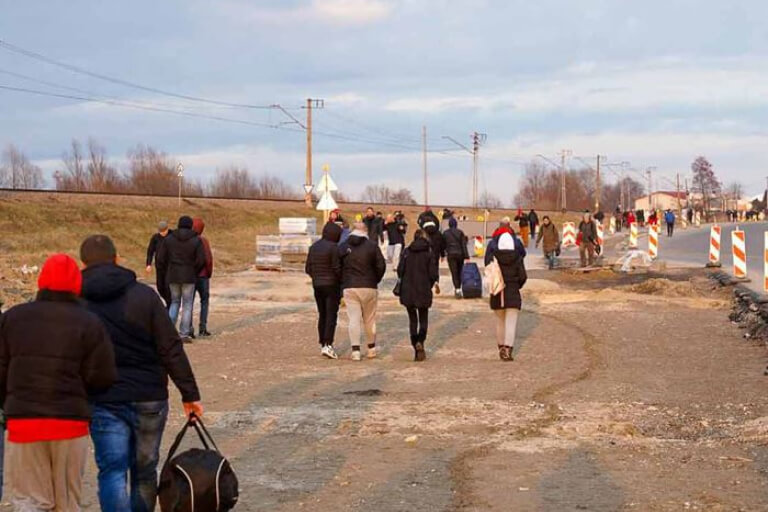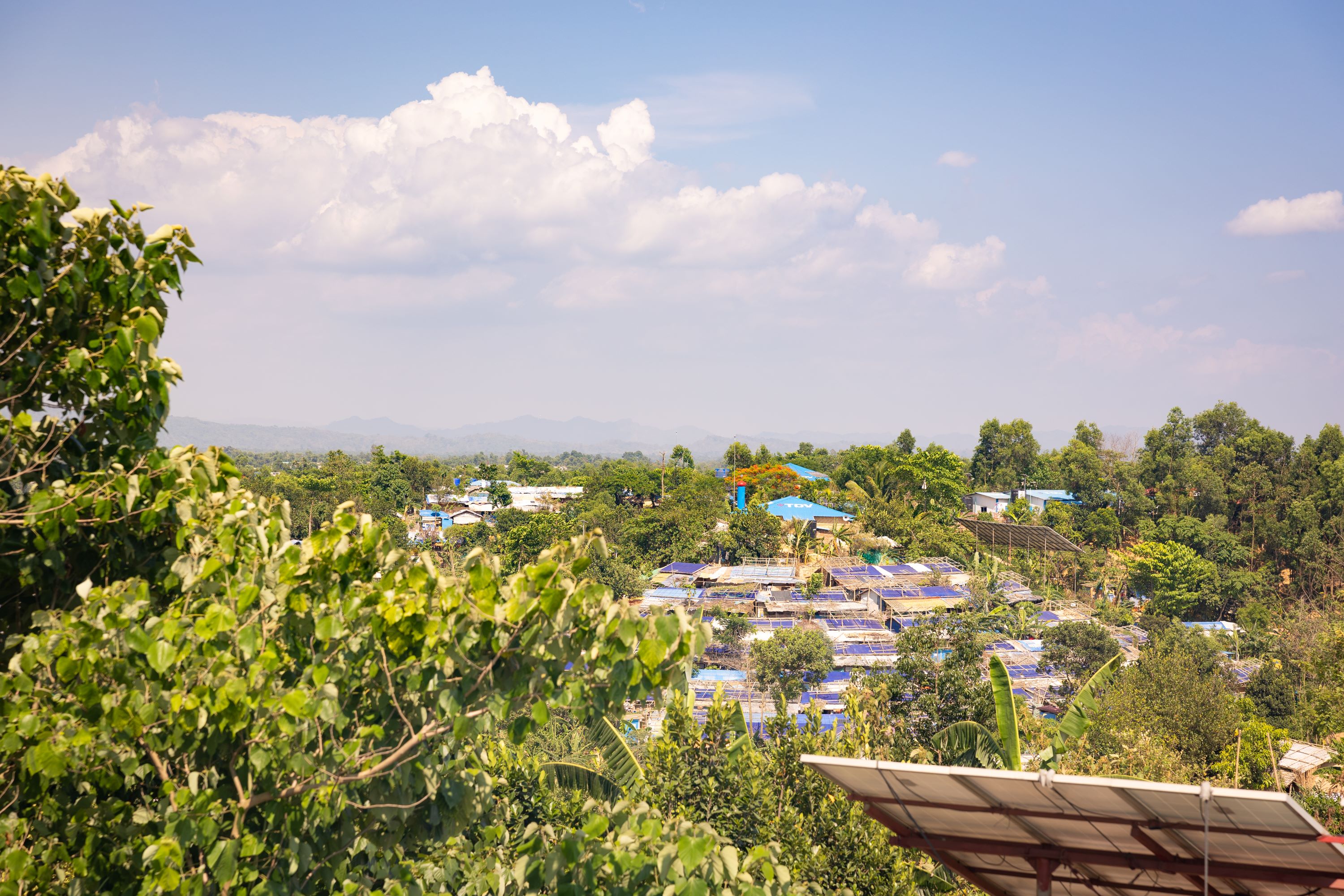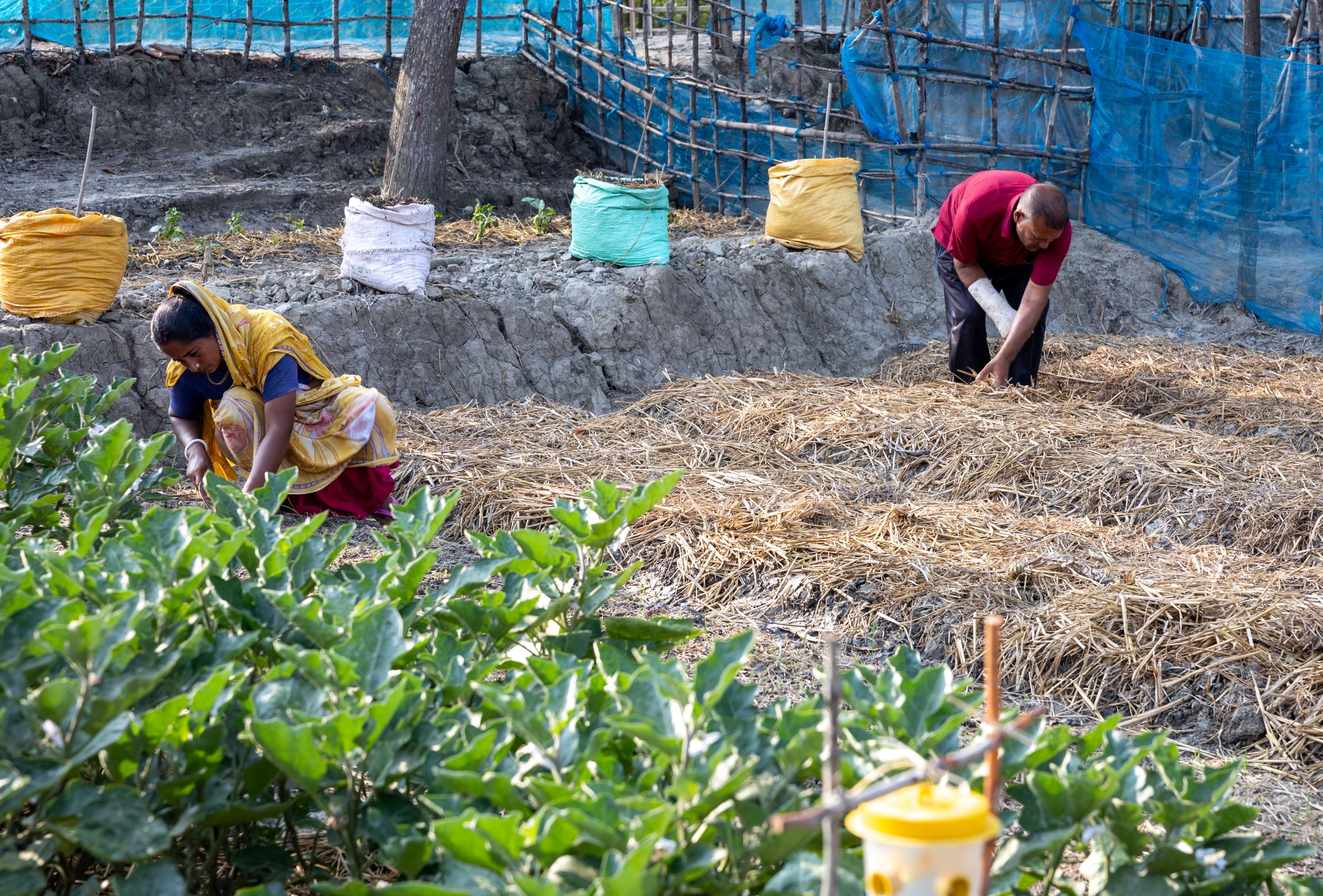
Families in the Gedo region of Somalia, where Caritas Australia's partner, Trócaire, have been providing lifesaving health support for over 30 years. Photo: Miriam Donohue/Trócaire.
The latest State of Food Security and Nutrition in the World report has revealed that the world is off track from achieving the Sustainable Development Goal of ending global hunger by 2030.
While hunger levels are no longer rising at the same rate as in 2022, it is still far above pre-COVID-19-pandemic levels, with 122 million more people experiencing hunger compared to 2019.
Food crises continue to unfold in many parts of the world, particularly in Africa, where a number of countries are at risk of famine.
Who is most at risk of food insecurity?
Food insecurity affects women more than men in every region of the world, particularly those living in rural areas.
The current predictions from FAO anticipate that almost 600 million people will be chronically undernourished in 2030 – well off track from the Sustainable Development Goal of zero hunger by 2030.
Progress in tackling food insecurity has been uneven across the world. Africa remains the worst-affected region with one in five people facing hunger on the continent, more than twice the global average. Last year was the 10th straight year that hunger levels increased in Africa.
Currently, most of the progress in the fight against hunger is in Asia, where the number of undernourished people is projected to fall from the current 402 million to 242 million people by 2030. However, this is predicted to increase significantly in Africa, where it is projected that close to 300 million people may be facing hunger in 2030.
Why are communities facing food insecurity?
The impact of the COVID-19 pandemic was devastating, particularly for people living in the most vulnerable communities. It produced a global economic recession that ended three decades of global progress in poverty reduction. Compared to 2019 pre-Covid levels, 122 million more people went hungry last year.
In February 2022, the war in Ukraine erupted involving two major producers of agricultural commodities in the world. Many countries in Africa rely on imports from Ukraine and Russia and the war has contributed to rising food insecurity across the continent.
Food crisis in Kenya: Talaso’s story
With your support, Caritas Australia is working with our partners on-the-ground to support vulnerable communities affected by the food crisis in the Horn of Africa, including Ethiopia, Kenya, Somalia, South Sudan and Eritrea.
The Horn of Africa is experiencing its worst drought in more than four decades. If we don’t act now, the death toll is going to be catastrophic.

Talaso is a mother of two living in Marsabit, northern Kenya. Photo: Thom Flint/CAFOD
Our partners CAFOD and Caritas Marsabit are providing emergency support to people living in northern Kenya, like Talaso, a 20-year-old mother of two boys.
“When we were young, we didn’t have to stress, there were no droughts like this. We’d just take care of our livestock. Our lives were comfortable then,” Talaso said.

With your support, CAFOD is helping Talaso and her community as they battle their worst drought in more than 40 years. The emergency response will help improve access to food and clean water through interventions such as food vouchers, food distribution, emergency drinking water and construction of underground water tanks.
How you can help fight food insecurity
Your donation to the Africa Food Crisis appeal can our partners across Africa respond quickly and efficiently to support vulnerable communities during this crisis.
